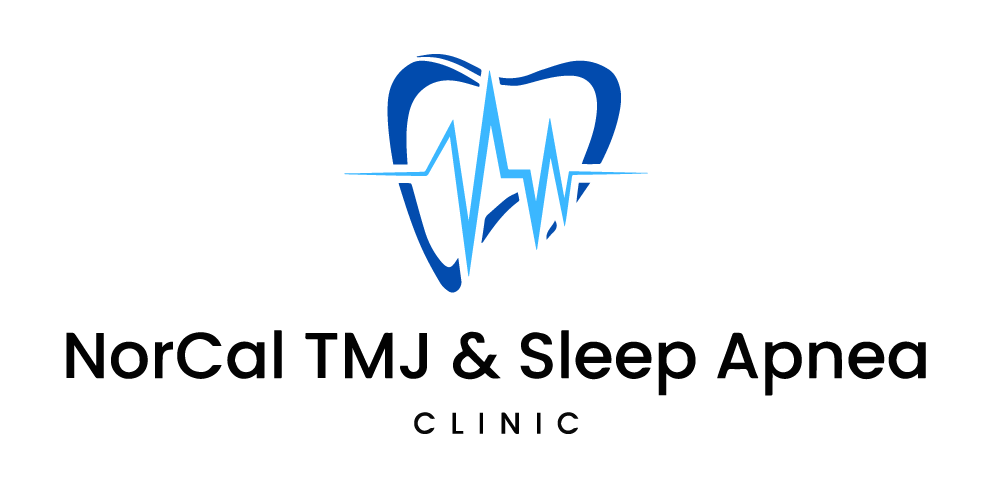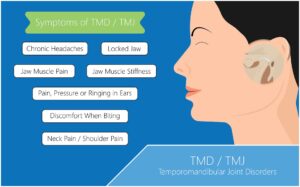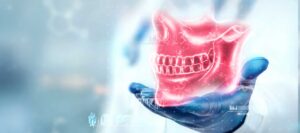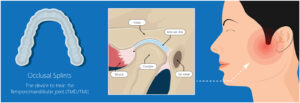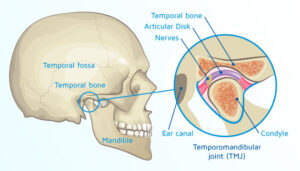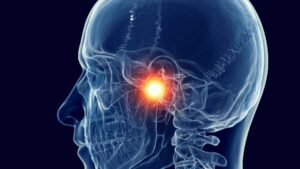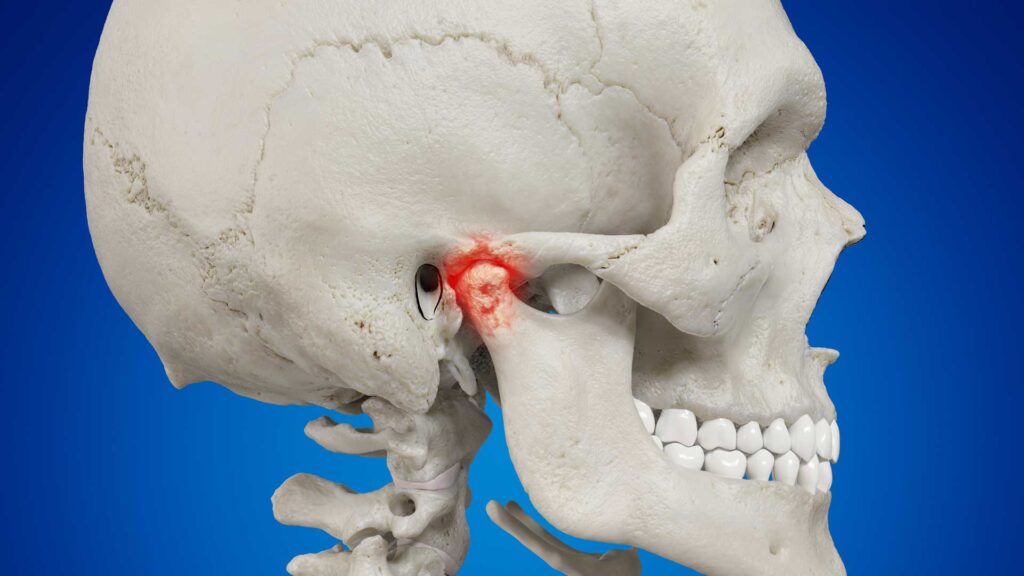
The causes of TMJ disorders are numerous and can be challenging to pinpoint. These disorders can arise from various factors, often with multiple stressors accumulating over time, leading to mechanical breakdowns in the muscles, ligaments, and joint apparatus.
The temporomandibular joints play a central role in numerous daily functions such as chewing, talking, and various expressions involving jaw movement. As a result, it is common for these joints and the associated mastication muscles to develop one or more temporomandibular disorders. Normal jaw usage, combined with several factors, can contribute to these disorders, including:
- Oral habits: Such as ice chewing, pencil biting, leaning on the jaw, chronic use of tight headbands or excessive gum chewing.
- Malocclusion: Bite disorders like overbite, underbite, or crossbite.
- Trauma: Including accidents, injuries, or falls.
- Abnormal anatomy: Variations in the temporomandibular joint structure.
- Musical instruments: Prolonged usage of certain instruments.
- Sleep posture: Sleeping positions that place stress on the jaw.
- Systemic diseases: Conditions like rheumatoid arthritis, osteoarthritis, or connective tissue diseases.
- Whiplash: Often associated with automobile accidents.
Some TMJ disorders are a direct result of obvious trauma, such as motor vehicle accidents, sports injuries, or physical altercations. In these cases, patients can typically pinpoint the specific event that triggered TMJ symptoms, including joint inflammation, muscle pain, and clicking sounds.
However, a majority of patients may not be able to identify a precise cause or the time when their symptoms first appeared. Many individuals recall that clicking sounds or mild jaw and facial pain initially occurred intermittently. Over time, these symptoms can become more frequent and severe, often accompanied by headaches and other related issues.
This pattern is not dissimilar to other joints in the body, like the knee and hip joints, which also experience stress during regular use and can eventually undergo degenerative changes in muscles, ligaments, discs, and articulation. In these cases, surgeries such as arthroscopic cleaning or joint replacement may be necessary.
Research indicates that automobile accidents involving acceleration and deceleration forces can contribute to an increased incidence of TMD symptoms, particularly when compared to control groups, even one year after the accident has occurred.
If you are suffering from Temporomandibular Disorder (TMD), it’s important to seek professional help to effectively manage and alleviate your symptoms.
